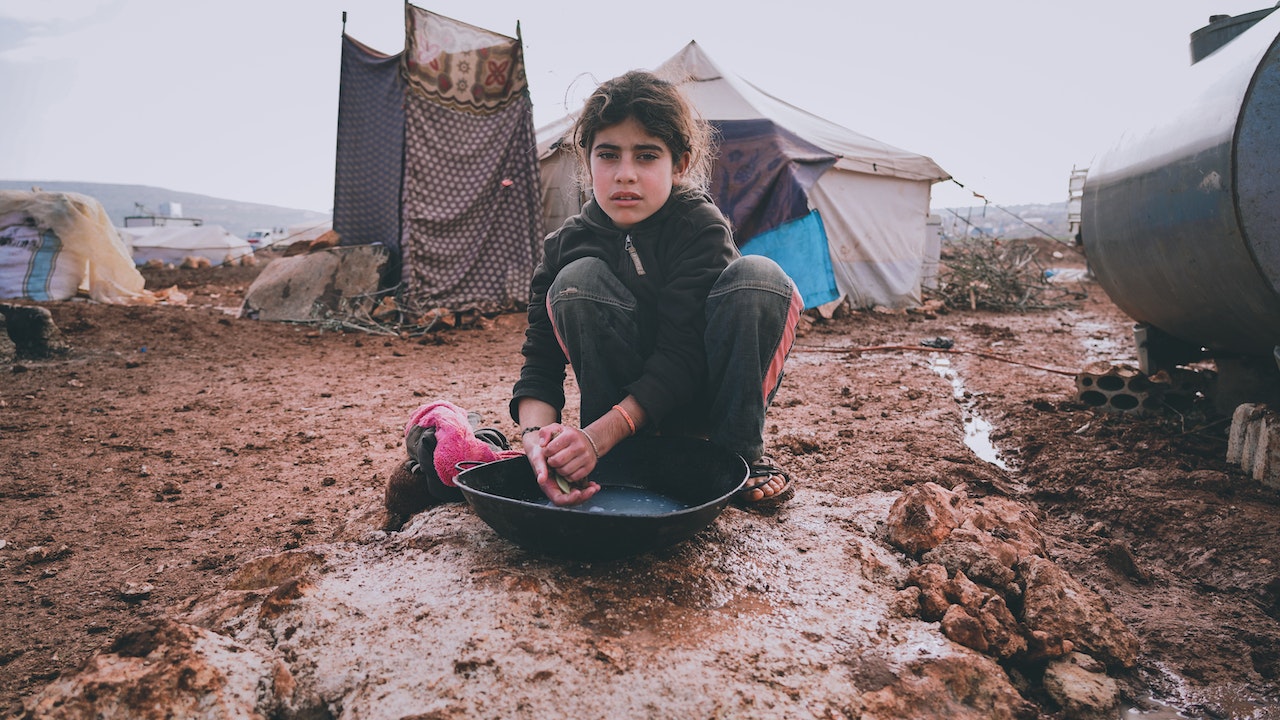ILO Mission in Türkiye’s Black Sea Region Strengthens Fight Against Child Labour
Discussions focused on the province’s progress in reducing child labour in hazelnut agriculture, improving conditions for seasonal agricultural families, and expanding education opportunities for children.

- Country:
- Turkey
A high-level delegation from the International Labour Organization (ILO), together with Türkiye’s Ministry of Labour and Social Security (MoLSS), international donors, and social partners, carried out a three-day mission across Ordu and Samsun provinces in Türkiye’s Black Sea region to reinforce efforts aimed at eliminating child labour in seasonal agriculture. The mission brought together key stakeholders including the Association of Chocolate, Biscuit and Confectionery Industries of Europe (CAOBISCO), Ferrero, and representatives of trade unions and local authorities.
High-Level Engagement in Samsun
On the second day, the delegation met with Samsun Governor Orhan Tavlı and Samsun Metropolitan Mayor Halit Doğan. Discussions focused on the province’s progress in reducing child labour in hazelnut agriculture, improving conditions for seasonal agricultural families, and expanding education opportunities for children.
Both officials reaffirmed strong commitment to implementing national circulars at the provincial level, underlining the importance of collaboration between municipalities, schools, and local communities. The ILO praised Samsun’s proactive role in mobilizing provincial coordination boards and expanding education and social services for children of seasonal workers.
“Samsun and Ordu have shown us that with strong provincial leadership and close cooperation between public authorities, schools, and social services, meaningful change is possible,” said Yasser Hassan, ILO Director for Türkiye.
Field Visits: Education and Family Support
The mission included field visits to Çarşamba and Terme districts, where delegates observed education programmes and psychosocial support services for children of seasonal hazelnut workers. These initiatives allow children to stay in school while their parents work in the fields.
The delegation also visited community facilities in Salıpazarı and Terme, which provide agricultural families with health, hygiene, and social services. Teachers, social workers, and municipal staff shared experiences on tackling absenteeism, supporting migrant families, and ensuring continuity of education.
One highlight was seeing children attending summer schools, where they benefit from structured learning, recreational activities, and protection from exploitative labour.
Strong Partnerships for Systemic Change
The mission underlined the tangible results of multi-stakeholder collaboration, combining local leadership, national policy, and private sector support. Through its partnership with CAOBISCO and Ferrero, the ILO has been able to integrate education, social protection, and decent work policies into effective interventions.
“These interventions demonstrate that child labour can be effectively prevented when education, social protection, and decent work policies come together,” Hassan stressed.
Suat Dede, Deputy Director General of Labour at MoLSS, emphasized how the mission showcased the real-world impact of national policies:
“We had the opportunity to observe first-hand the improved accommodation facilities, educational activities, public services and other practices. Seeing how the updated 2024 Circular on Seasonal Agricultural Workers has strengthened local coordination shows our policies are not just frameworks but practical measures generating tangible benefits.”
Voices from Social Partners
Trade unions also played a central role in the discussions. HAK-İŞ, one of Türkiye’s largest confederations, reaffirmed its support. Its Ordu Provincial President, İsmail Zerey, stated:
“We fully support all efforts aimed at preventing child labour, ensuring decent working conditions, and protecting labour. As HAK-İŞ Ordu Provincial Presidency, we will continue to contribute to every effort that ensures our children remain in education and have a safe future.”
Mehmet Kurucu, Vice President of the Ordu Branch of the Hizmet-İş Union, added:
“It gives us great pleasure to see projects being implemented to improve the well-being of agricultural workers in our region. These efforts are vital in terms of health, culture, and humanity.”
Looking Ahead: Scaling Up Interventions
The mission concluded with a review of outcomes across Ordu and Samsun, emphasizing the importance of:
-
Strengthened provincial coordination mechanisms aligned with national circulars.
-
Improved settlement conditions that enhance family living standards and support children’s education.
-
Institutional frameworks for sustainability, ensuring interventions remain impactful long-term.
-
Private sector partnerships that contribute resources and help deliver systemic change.
The ILO reaffirmed its commitment to work with MoLSS, local authorities, trade unions, and private sector donors to protect children, promote quality education, and improve livelihoods for seasonal agricultural families.
For Türkiye’s Black Sea region, where hazelnut cultivation is both a cultural tradition and an economic driver, the mission demonstrated that collaborative approaches can not only combat child labour but also create healthier, more resilient communities.










